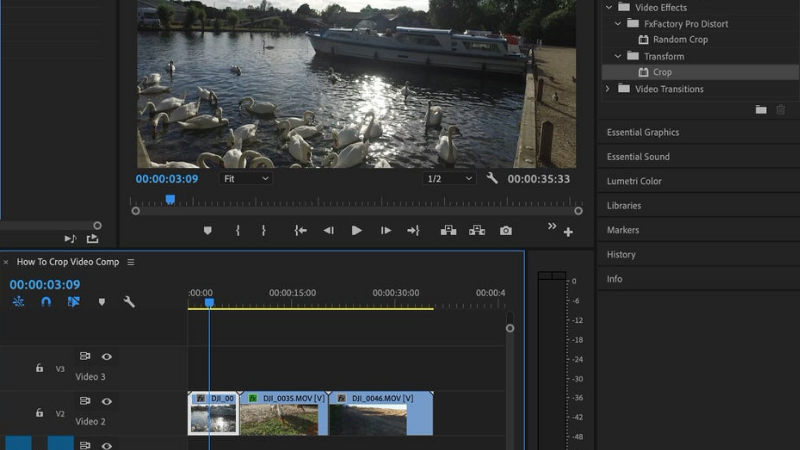

I'll switch to what's available instead, and choose something that's affordable for me and produces satisfactory results for my purposes. What will I shoot with, if film is no longer available?
#Bulk crop and save adobe lighttable pro#
I'd rather invest in good glass than in a plastic body DSLR that costs as much as the top-of-the-like pro film SLR and becomes "obsolete" in a couple years. Because the films I like and know well are still available.ħ. Remember the early models of mobile phones and how people raved about them? Where are they now? 6. Because it is too early to buy a digital camera. I do not lose many shots thanks to careful technique and the nature of my subjects.ĥ. For the kind of shooting I do, I get 4-5 keepers off of each 37 exposure roll and for each such keeper there are 4 to 5 in-camera dupes. For that matter, I do not need to take a 100 shots to get a couple keepers. I do not need instant gratification/flexibility of in-situ correction. I have more productive ways to spend my time than worrying about dust/fungus on CCD, failing electronics etc. I'm from a tropical country and dust/humidity is a major problem. I'll leave that to rich amateurs and professionals.ģ. I refuse to fund initial R&D in an emerging area of technology. Because it is unreasonably expensive to get decent equipment that would acceptable results.Ģ. At least at this point of time it appears to me that film photographs have longer "storage life". I do not shoot for money, I shoot for myself and I like looking at slides.Ĥ. I am in the "return on investment" phase now and it would be stupid for me now to "re-learn" things with a digital camera.ģ. I have run many tests mastering (in a relative way) the films I like most and plan to use. Because I have spent a considerable amount of time, money and effort in learning film photography. Because I have not started shooting digital alongside film yet.Ģ. film thread - my quick observationsĭo you have a tip on now to maximize the imaging potential of 35mm film?Īnswer in short: For me, the only way to do it is to take pictures that are interesting enough so that viewers tend to concentrate on the subject rather than tend to ask questions about the kind of capture medium that was used to take the photograph.ġ. Robert, before this thread turns degenerates a typical digital vs. Do you have a tip on now to maximize the imaging potential of 35mm film? While it may not ultimately save 35mm film from oblivion, at least those who view the images can understand that 35mm can give a beautiful look that is not easily replicated by digital. I prefer using wide-angle, fast lenses shot wide open.

I try to utilize all these factors by shooting with slow film such as Kodachrome 64. It has a unique beauty to itself, otherwise why do people still use Tri-X? Some degree of grain increases apparent sharpness, due to factor #6 above.Ĩ) It is still much easier to put together a presentation by sorting slides on a light table than by using power point. Of course, that's what the random arrangement of silver halide particles in film give you.ħ) Grain.

Mathematically, it has been shown that maximum sharpness is only attained when the photodetector is arranged in completely random patterns. This tendency is because of the regular spacing of the photodetector arrays. Most inkjet prints that I've seen will fade in a year or two.ĥ0 years from now, it will still be easier to look at a slide than to figure out what image is on a CD-ROM.ĭigital cameras use deliberate unsharpening by way of an anti-aliasing filter to prevent moire patterns from forming. Kodachrome slides also are very long lived. How many people would want to keep using a 4 megapixel digicam 20 years from now?ī&W photographs last longer than a lifetime. The resulting pictures usually make the digicam user's eyes pop out, wondering how such a thing can be done.ģ) Ability to change color palette by changing filmĤ)Durability of film cameras, and images. I usually combine 1 and 2 by using a lens such as the 35mm f/1.4 wide open. In defending 35mm film, I gave these arguments. I'm probably not alone in this feeling, as stated by Dante Stella recently: My worry is that if everyone goes digital, there won't be any reason to make film anymore. That ubiquitous and truly annoying question was constantly asked of me: Most of those have been classified and stored on his computer. During that same interval, he's shot over 1500 pictures with the camera. He told me he had 30 printed, by Ritz, since he purchased the camera in the summer time. I asked the most vociferous advocate of digital photography how many pictures he's actually had printed. Everyone else now uses 3 to 4 MP digicams. It's become quite evident that I'm only one of two people who still shoot film. I just returned from the Christmas party that was held for co-workers and their family members.


 0 kommentar(er)
0 kommentar(er)
